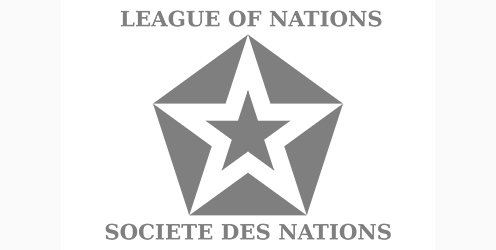About the project
In the contemporary world, international cooperation and international law are under increasing challenge from nationalism and a general drift away from democracy across the world. However, considering the major environmental, economic and security challenges that humanity confronts in the 21st century, the contribution of international organisations and international law still seems crucial.
But what exactly is it that this couple bring to the table? To better understand how international organisations and international law contribute to address contemporary and future global problems, this project explores their early history.
By analysing how the first universal international organisations – the League of Nations system (i.e. the League of Nations, the Permanent Court of International Justice and the International Labour Organisation) - shaped practises of international law, this collective research project intends to improve our understanding of how international organisations developed international law as a major tool for global governance. The project will for the first time combine two expanding yet separate historiographies on respectively international organisations and international law in the interwar period.
The project promises to fundamentally reassess existing interpretations of the history of international law by shifting the prevalent focus from the intellectual history of the discipline to the development of the actual practice of international law based on a systematic use of documentary evidence from private, state and League of Nations archives. In addition, the project will recast our understanding of the history of international organisations by exploring their legal dimension.
We hope to reach out to law and the social sciences in order to foster interdisciplinary cooperation to further the general understanding of the ways in which international organisations and international law can contribute to the establishment of a durable system of global governance.

